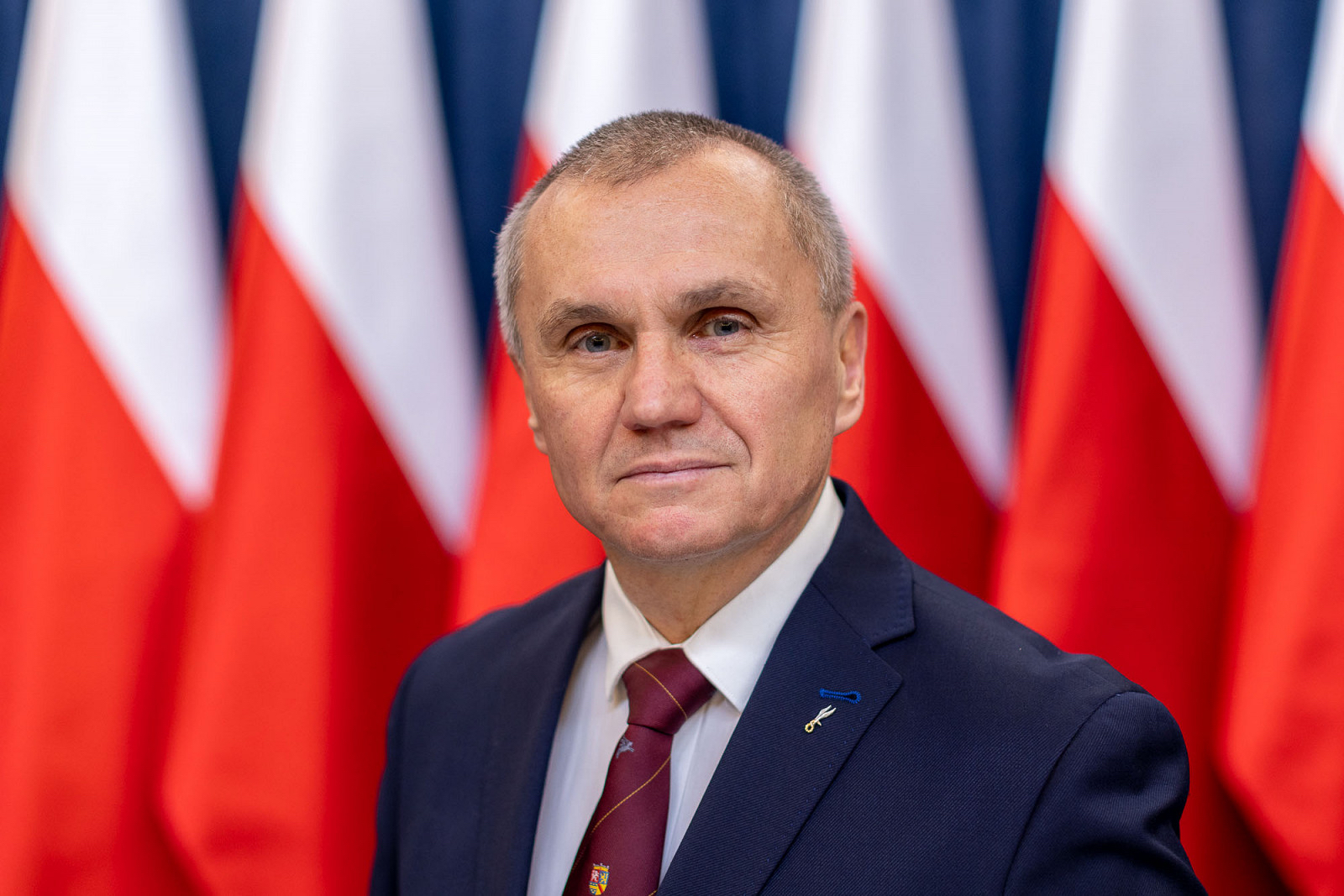„If we manage to mobilize our NATO partners, then Russia with a GDP at the level of Italy or even lower will have no chance in the arms race. Putin feeds off the fact that Europe talks more and acts less. Even from the EU program for ammunition production, only 30% was fulfilled,” explains general Roman Polko, former commander of the GROM military unit, in conversation with BiznesAlert.pl.
- „Today, we are buying a considerable amount of equipment, vehicles, tanks, and artillery in Poland. „But we must remember that in peacetime, not much ammunition is consumed,” evaluates General Roman Polko.
- „A unified command system must be agreed. The situation somewhat reminds me of the times of Roman consuls, who took turns commanding the armies, and each one was eager to make a mark,” the General told BiznesAlert.pl.
BiznesAlert.pl: How do you assess the announcement that Poland and Germany will create a rapid reaction force in Europe from July this year?
General Roman Polko: It is very good that we are implementing this initiative. Germany has great industrial potential. Of course, the German army is neglected, but joint actions will certainly teach a better understanding on the battlefield. The essence of NATO is collective defense, not the individual responsibility of the United States, as has been the case so far. When we joined the North Atlantic Treaty Organization 25 years ago, there was still a rapid reaction force in Europe. Later, due to the fact that the Old Continent enjoyed prosperity and peace, in fact, they were disbanded. Therefore, it is necessary to practice and implement procedures on an ongoing basis. To shape relationships almost on a personal level, so that in case of a crisis, a mere glance into each other’s eyes would suffice for everyone to know what to do.
The war in Ukraine has been going on for more than two years, and Europe is still lethargic, having trouble spending 2 percent of GDP on its own security. If we manage to mobilize our NATO partners, then Russia with a GDP at the level of Italy, or even lower, will have no chance in the arms race. Putin feeds off the fact that Europe talks more and acts less. Even from the EU program for ammunition production, only 30% was fulfilled.
The Rapid Reaction Force is expected to have a launch capacity of 2,500 of German troops and 2,500 Polish soldiers. How would you comments on these numbers?
At a strategic level, these are not numbers that would be staggering. First of all, the creation of a European Rapid Reaction Force is politically important. Secondly, at the operational level, significant importance arises from the coordination of Polish-German units. Probably, it will be put on rotation, that is, more German soldiers will cooperate with the Polish ones. I believe that in time other NATO members from Europe will join the Rapid Reaction Force. Interaction, understanding, interoperability, building communication links are the key to success, not a gigantic number of soldiers. The most important thing is the quality of the armed forces formed not for PR, but for real combat capabilities. In practical terms, we will implement Article 3 of the North Atlantic Treaty, which states that the parties shall maintain and develop their individual and collective capacity to repel an armed attack. Partly forming a real potential for the implementation of art. 5 of NATO.
German defense Minister Boris Pistorius added that it is crucial to increase the production of weapons in Polish-German cooperation. What do you think about this proposal?
Joint Polish-German action is a great direction. Two factors still need to be taken into account. The Polish arms industry cannot be in a hopeless position as it is now. When I was in charge of the National Security Bureau, I remember the Iraqi ambassador came to us and asked us directly: <Sell us something>. Unfortunately, we have not learned how to compete in real-life business. I suspect that many people in senior positions in the Polish arms industry treat their functions as synectures, and not as a challenge that should fit into the creation of the Polish security system. On the one hand, German companies and their potential are strong, but on the other hand, years ago I visited one of the factories producing ammunition. It was an ordinary factory without modern technological lines. Now that has changed a bit.
Today, we are buying a considerable amount of equipment, vehicles, tanks, and artillery in Poland. But we must remember that in peacetime, not much ammunition is used. However, in times of war, the demand is huge, as shown by the conflict in Ukraine. That is why it is so important for safety to have production capacities that are able to meet the logistical demand for all classes of ammunition.
General, how would you comment on the Minister of Defense Władysław Kosiniak-Kamysz’s announcement about alternating command in the Baltic Sea by Poland and Germany?
A unified command system must be agreed. The situation somewhat reminds me of the times of Roman consuls, who took turns commanding the armies, and each one was eager to make a mark (laughter). On a serious note, I think it won’t go in that direction, but rather focus on building a sense of security. I see no danger of friction between the Polish and German generals. This is also evidenced by my personal bilateral contacts. At the executive level, cooperation works well. Representatives of other countries may also need to be included in the Baltic command.
Interview by Patryk Lubryczyński









